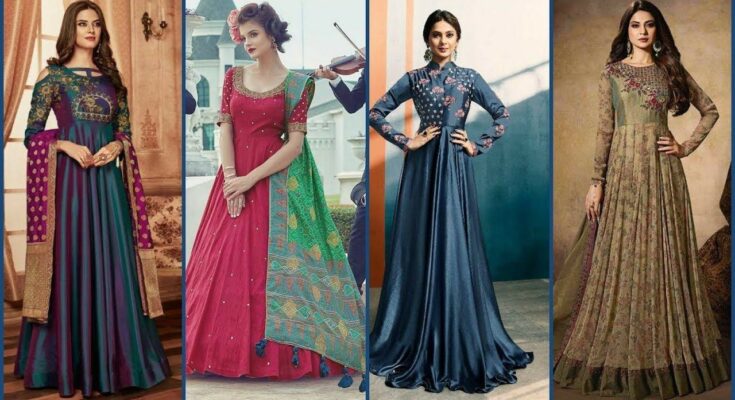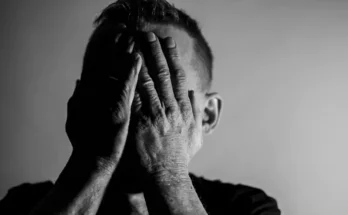In Pakistan, women have always been expected to dress a certain way in order to be seen as “respectable.” We’re told that we need to cover our bodies and not show too much skin, lest we be considered “immodest.” But why is it that formal dress is so important for Pakistani women? In this Maria B blog post, we will explore the reasons behind this expectation and what it says about our society. From cultural norms to economic factors, there are many reasons why the formal dress is important for Pakistani women.
How to Wear Formal Dress for Females in Pakistan
Formal dress for females in Pakistan is usually long and lose fitting. It covers the entire body except for the hands and face. The head is covered with a dupatta or scarf. There are many different styles of formal dress for females in Pakistan. Some are simple and plain, while others are ornately decorated with embroidery or beadwork. A formal dress is usually made from a light fabric, such as cotton or silk, to keep the wearer cool in the hot Pakistani climate. Females in Pakistan generally wear a formal dress on special occasions such as weddings or religious festivals. However, Maria B it is not unusual to see women wearing a formal dress on a daily basis, especially in rural areas where Western clothing is not as commonly worn.
The Different Types of Formal Dress for Females in Pakistan
In Pakistan, there are many different types of formal dress for females. The most common type of formal dress is the shalwar kameez. This consists of a long tunic top with loose trousers. Other popular types of formal dress include the chador, which is a full-body cloak, and the dupatta, which is a long scarf worn over the head and shoulders. Formal dress is important for Pakistani females for a number of reasons. Firstly, it is considered respectful and modest attire. Secondly, it helps to protect women from the harsh elements of the environment, such as the sun and dust. Finally, formal dress is often seen as a status symbol, and so wearing the latest fashionable designs can help to create an impression of wealth and sophistication.
The Benefits of Formal Dress for Females in Pakistan
Formal dress is important for female in Pakistan because it:
- Modesty: Formal dress helps to protect women’s modesty by covering their bodies from head to toe. This is especially important in Pakistan, where women are expected to dress modestly in public.
- Protection from the elements: Formal dress can help protect women from the hot sun and cold weather. In Pakistan, where temperatures can reach over 100 degrees Fahrenheit in the summer and dip below freezing in the winter, formal dress is a necessity.
- Social status: In Pakistan, formal dress is often seen as a sign of social status. Women who can afford to buy and wear expensive formal dresses are often seen as being part of the upper class.
- Respect: Formal dress is often seen as a sign of respect in Pakistani culture. Women who dress formally are usually respected more than those who do not.
- Professionalism: Formal dress can help women to project a sense of professionalism in the workplace. In Pakistan, where women are sometimes discriminated against in the workforce, dressing formally can help them to be taken more seriously as employees.
Conclusion
Formal dress is an important part of Pakistani culture for women. It shows respect for oneself and others, and it is a sign of maturity. Wearing formal dress also allows women to be taken more seriously in professional and academic settings. Despite the many Maria B benefits of formal dress, some women choose not to wear it due to the expense or because they find it uncomfortable. Ultimately, the decision to wear formal dress is a personal one that each woman must make for herself.




